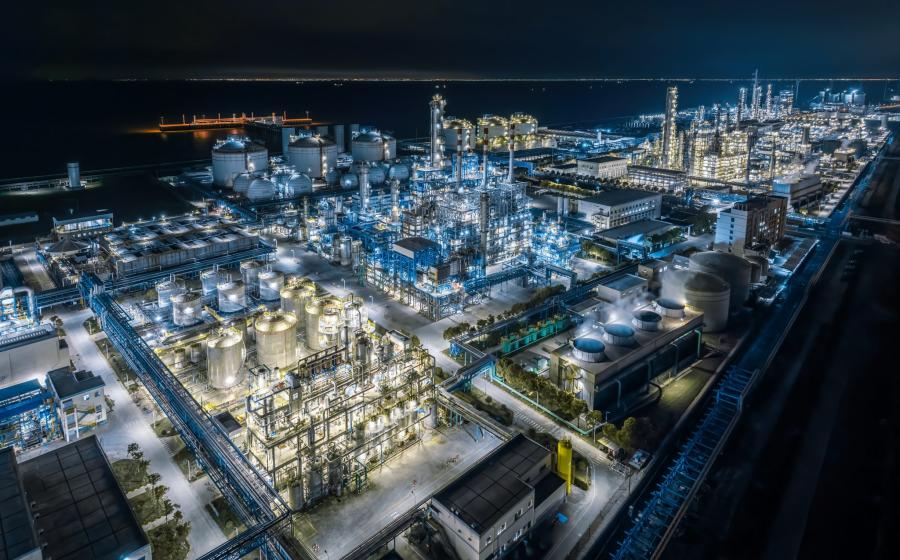
The plastics industry is on the cusp of a breakthrough transformation. In a landmark move, ECI Group’s proprietary autoclave technology has been selected for the world’s first commercial-scale facility producing fossil-free low-density polyethylene (LDPE). Set to be built in Antwerp, Belgium, this pioneering project will produce 110,000 tonnes of LDPE annually not from fossil fuels, but from certified green methanol.
Backed by A.P. Moller Holding and led by Vioneo, the project represents both a technological and environmental milestone. For the first time in forty years, Europe will see the construction of a new autoclave LDPE plant and it will be entirely fossil-free.
Driving the Plastics Transition
“This project aligns perfectly with our vision of providing technology solutions that drive sustainable innovation,” said Joaquin Flores, President and CEO of ECI Group. “We’re proud to have been chosen to support Vioneo’s bold vision of the world’s first green LDPE plant.”
Vioneo is determined to lead the transition toward fossil-free plastics production. By replacing fossil fuels with green methanol derived from biogenic CO₂ the new Antwerp facility will demonstrate the economic and industrial viability of large-scale, sustainable plastics manufacturing.
“Vioneo is driving the transition of the plastics industry by showing that cleaner, large-scale production is possible,” explained Alex Hogan, CEO of Vioneo. “This initiative gives Europe the chance to lead the €5 trillion chemicals and materials sector’s defossilisation.”
Technology That Redefines Plastics
The facility’s LDPE will be ISCC PLUS-certified, fossil-free, and powered by renewable electricity. Beyond reducing lifecycle emissions, the plant will deliver high-performance LDPE for critical applications across healthcare, automotive, packaging, and consumer goods.
Chris Brock, ECI Group’s Director for HPPE Technology, described it as a defining moment:
“This project is a landmark for the polymer industry. By combining green methanol with our high-pressure polyethylene technology, we’re enabling a truly fossil-free approach to plastics manufacturing.”
ECI Group brings decades of expertise to the project, having licensed over one million tonnes of annual capacity since 2021. Their proprietary technology is renowned for operational efficiency, flexibility, and reliability, making it a natural fit for this revolutionary initiative.
Strategic Partnership with Repsol
Joining the effort is Repsol, ECI Group’s product partner. With more than 55 years of experience producing LDPE, EVA, and EBA polymers, Repsol adds technical and commercial depth to the project. Their expertise ensures that the fossil-free LDPE produced in Antwerp will meet the highest industry standards while addressing the environmental challenges facing the sector.
Why It Matters
This facility is more than an engineering achievement it’s a turning point for the plastics industry. By shifting from fossil fuels to renewable inputs like green methanol, the Antwerp project proves that sustainable plastics production can succeed at scale.
For Europe, it’s an opportunity to lead global efforts in defossilising the chemicals and materials sector. For the plastics industry, it’s the beginning of a new era a true renaissance built on sustainability, innovation, and responsibility.




